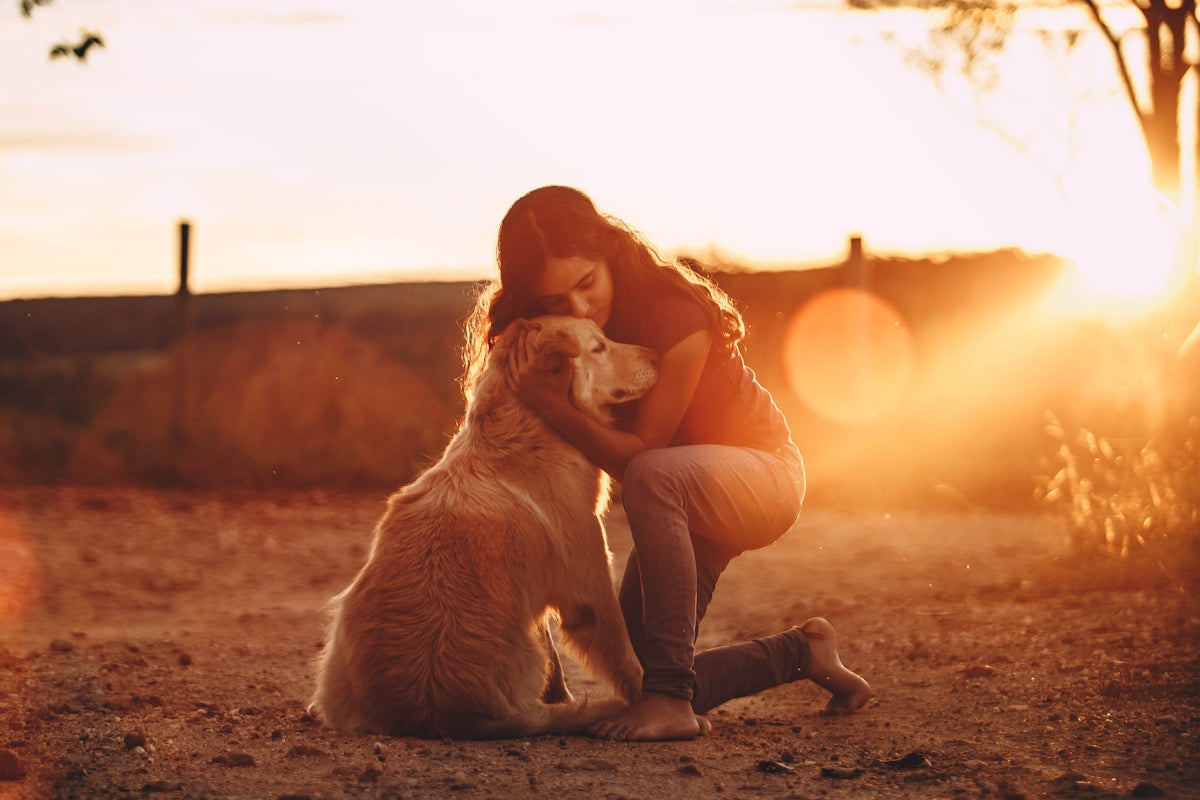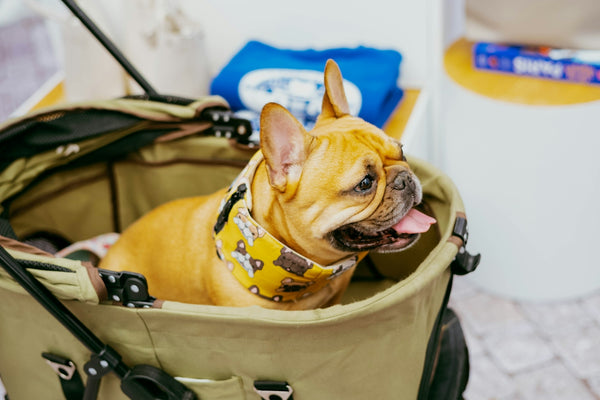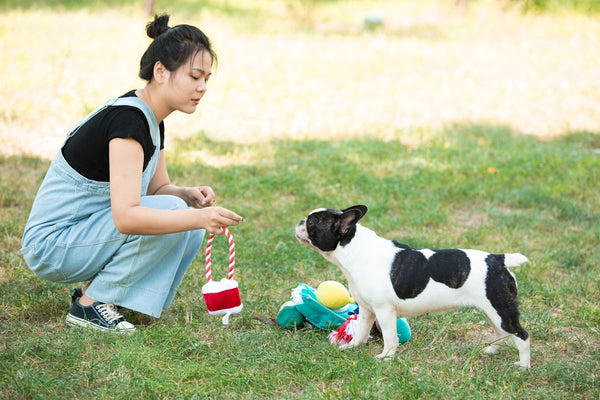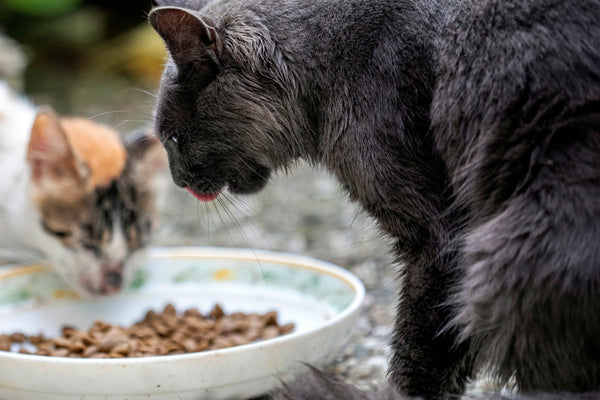As pet owners, we cherish every wag, purr, and even the gruff barks and plaintive meows that signal the arrival of new seasons. However, the transition from one season to another is not just a visual and atmospheric change; it impacts our pets in myriad ways, affecting their health, behavior, and overall wellbeing. Understanding these seasonal shifts can significantly enhance your pet's quality of life and ensure they remain happy and healthy throughout the year.
In this blog post, we will explore how different seasons affect pets and offer practical tips and recommendations for products to keep them safe and comfortable. For more information about caring for your pets all year round, be sure to visit myPetCollective.com.
Winter: Keeping Pets Warm and Safe
Winter is perhaps the most challenging season for our furry companions. The drop in temperature, shorter daylight hours, and potential for severe weather conditions all require adjustment for pets and pet owners alike.
Cold Weather Care
Many pets are less active during the winter months, but it's crucial to encourage regular exercise to prevent weight gain and maintain physical health. Nonetheless, it's important to ensure your pets are adequately protected from the cold. Here are a few tips:
- Clothing for Pets: Small and short-haired breeds can benefit from a cozy coat that will help trap warmth when venturing out into the cold. Consider the Double-Sided Winter Dog Coat to keep them snug and comfortable.
- Safe Outdoor Activities: Limit outdoor activities when temperatures drop too low, and be aware of any frostbite on paws and ears.
Indoor Safety and Comfort
- Heating Hazards: Be mindful of heating elements such as radiators and space heaters. Pets may inadvertently bump into these, risking burns or knocking them over.
- Enrichment and Play: Cold days mean more indoor time, which can lead to boredom. Engage your pets with toys such as the Large Dog Toy Bite-Resistant Sound Plush Toy to keep them mentally and physically stimulated.
Health Emergencies in Winter
First Aid Awareness: Prepare for any winter-related health emergencies with the Ultimate Outdoor Pet First Aid Kit - Portable Care Bag for Cats and Dogs. This comprehensive kit will help you manage minor injuries that may occur.
Spring: Allergens and Outdoor Adventures
Spring brings renewal and joy but also presents specific challenges for your pets, especially those with allergies.
Managing Allergies
Allergens: With flowers blooming, pollen levels rise. Pets can suffer from seasonal allergies, which may manifest as itching, sneezing, and skin irritations. Regular grooming and veterinary check-ups can keep these under control.
Outdoor Explorations
Safe Exploration: As the weather warms up, it's a fantastic time for longer walks and outdoor play. Make sure your pet has up-to-date ID tags and consider using eco-friendly waste bags like the 200-Count Eco-Friendly Unscented Dog Waste Bags to clean up after your dog respectfully.
Identifying Hazards
Pest Prevention: Spring is also the start of flea and tick season. Check your pets regularly to prevent infestations.
Summer: Heat, Hydration, and Fun
Summer is synonymous with fun in the sun, but it also requires careful monitoring to prevent heat-related illnesses.
Beat the Heat
- Hydration: Always provide accessible fresh water for your pets and monitor their intake.
- Cool Down: Offer cool, shaded areas during outdoor activities. Avoid walking dogs during the hottest part of the day to prevent heatstroke.
Travel Preparedness
Vacation Season: For those taking vacations, ensure your pets are comfortable during travel. Having a portable first-aid kit is essential, like the Ultimate 61-Piece Portable Pet First Aid Kit for Dogs and Cats.
Autumn: Transitioning Comfortably
Autumn is the season of transition, with temperatures cooling and days shortening. This time can be less stressful for pets but still requires preparation.
Preparing for Cooler Days
Wardrobe Adjustments: As temperatures dip, begin bringing out clothing and bedding that provide warmth. Pets may need re-acclimation to wearing extra layers.
Seasonal Nutrition
Dietary Needs: Consider adjusting your pet's diet to ensure it meets their energy requirements as their activity levels and metabolism change with the season.
Awareness of Hazards
- Fallen Leaves and Debris: Be cautious of hazards hidden beneath leaves like sharp objects or harmful plants. Frequent yard checks and clearances help keep play areas safe.
Despite the challenges each season brings, planning and proactive care can ensure your pet enjoys a healthy and enriched life all year round. For more excellent pet care products and advice, visit myPetCollective.com.
Understanding the nuances of each season can help you become a better pet parent, ensuring that your beloved companions remain happy, safe, and healthy every day of the year.













